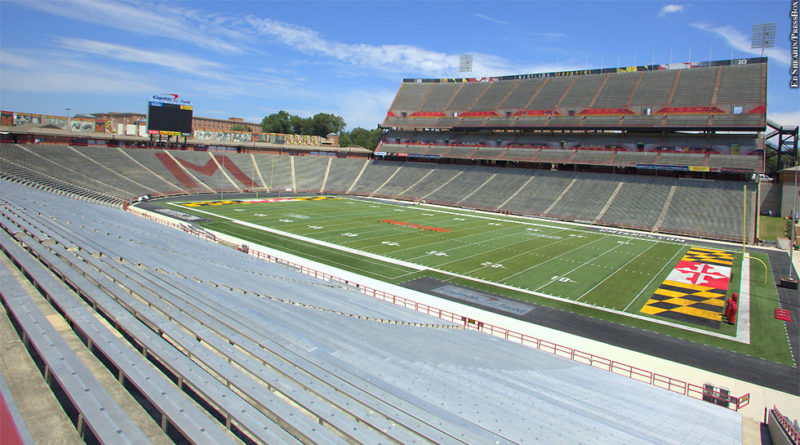The Big Ten recently announced its football season would kick off Oct. 23-24, and ESPN’s Adam Rittenberg and Big Ten Network’s Glen Mason are confident the shortened season can be safely played with the COVID-19 testing protocols the league will have in place.
According to the Big Ten’s press release Sept. 16 that announced the return of football, the league decided to play because of improvements in player safety, including daily COVID-19 testing, enhanced cardiac screening and an improved scientific approach to making practice and games as safe as possible.
Rittenberg says the decision was based on the medical outlook pieced together by the Big Ten.
“What ultimately happened is that the medical information improved significantly. There obviously was outside pressure, whether it was from coaches or whether it was from players and their parents. Politicians got involved. The president obviously offered testing to Big Ten commissioner Kevin Warren,” Rittenberg said on Glenn Clark Radio Sept. 17. “But I really don’t think that this group of presidents, including two medical doctors, would have budged if the medical information, especially around testing, didn’t get a lot better.”
Rittenberg said if the Big Ten did not see previous potential solutions as viable options when it came to the safety of everyone involved. While the Big Ten waited to come to its decision to start the season, teams in other conferences have experienced delays in practice and games due to COVID-19-related issues.
Rittenberg said the Big Ten was not willing to go through those types of setbacks without a clear path forward.
“I don’t think the Big Ten was willing to roll with it, like some of the other leagues were,” Rittenberg said. “And by roll with it, I mean deal with the stoppages in workouts and deal with the postponements, and you’re seeing that right now. You’re seeing it in the Big 12. You’re seeing it in some of the smaller leagues.
“You know they don’t have this rapid testing in place yet. Nobody really does at the college level, at least leaguewide, to the degree the Big Ten will. So I think the idea of going through that, especially when some of these campuses have had their own problems, just wasn’t appealing to these Big Ten presidents.”
Most FBS conferences began play earlier this month or had been gearing up to do so in the near future, making the Big Ten one of the few conferences not set to participate in football this fall. Rittenberg said the Big Ten’s initial decision in August to postpone fall sports was communicated poorly.
“People around the Big Ten were telling me, ‘Why didn’t they just present the initial decision, even if they wanted to make it then, the way they did [in announcing the return of fall sports] where they had a doctor on the news conference, they had a university president. It wasn’t just Kevin Warren,” Rittenberg said. “Kevin Warren is a new commissioner. He isn’t used to talking to the media this much. He has a lot of work to do in terms of communication skills, and I think he is trying to get better there.”
Maryland will start its 2020 season at Northwestern Oct. 24, though the start time for the game is still to be determined. With transfer quarterback Taulia Tagovailoa eligible for the 2020 season, head coach Michael Locksley and his Terrapins are looking to improve from their 3-9 finish last year.
Mason, who coached at Minnesota from 1997-2006, said the Big Ten’s decision to postpone the season while other conferences moved forward with the 2020 season wasn’t a great look for the league.
“I think as teams started to play — the SEC getting ready to play, the Big 12 playing, the ACC playing and other football being played around the country — it looked a little bit foolish why the Big Ten wasn’t playing,” Mason said.
Regardless of whether Warren and Big Ten universities made the correct decision in August, the conference is now set to play football in October. Until then, practicing amid the COVID-19 pandemic will be a work in progress for each program.
As for on-field results, earning a spot in the College Football Playoff figures to be a difficult task for any Big Ten team given that each team will play a demanding nine-game schedule.
“Needless to say, it’s going to be a little bit more challenging than it typically is because you [usually] have a 12-game schedule [with] nine conference games and you have two bye weeks in there,” Mason said. “Now you’re going to start and have eight consecutive Big Ten football games plus the idea that if anybody tests positive that they have to sit out a minimum of 21 days.”
For more from Rittenberg, listen to the full interview here:
For more from Mason, listen to the full interview here:
Photo Credit: Ed Sheahin/PressBox

